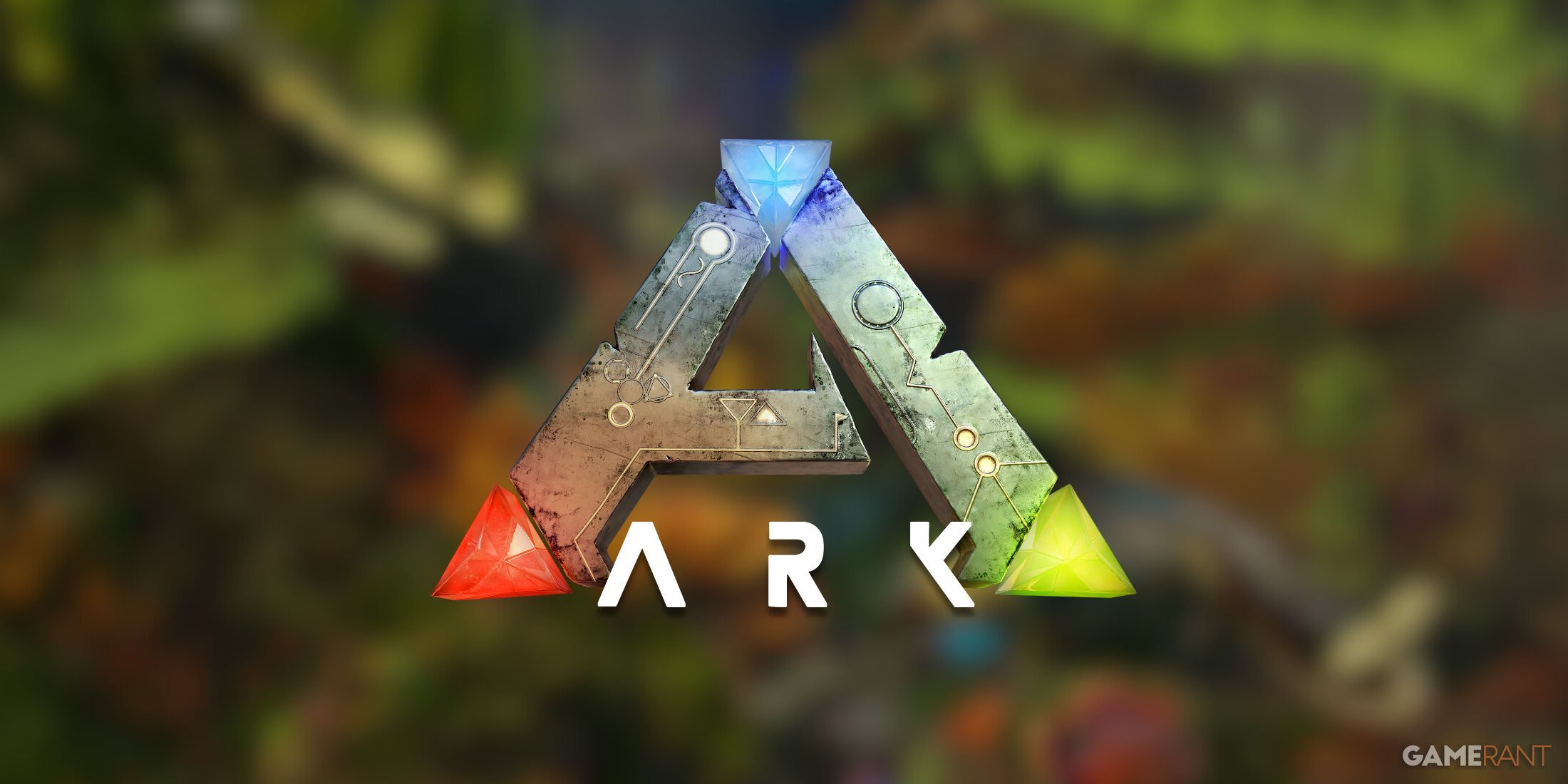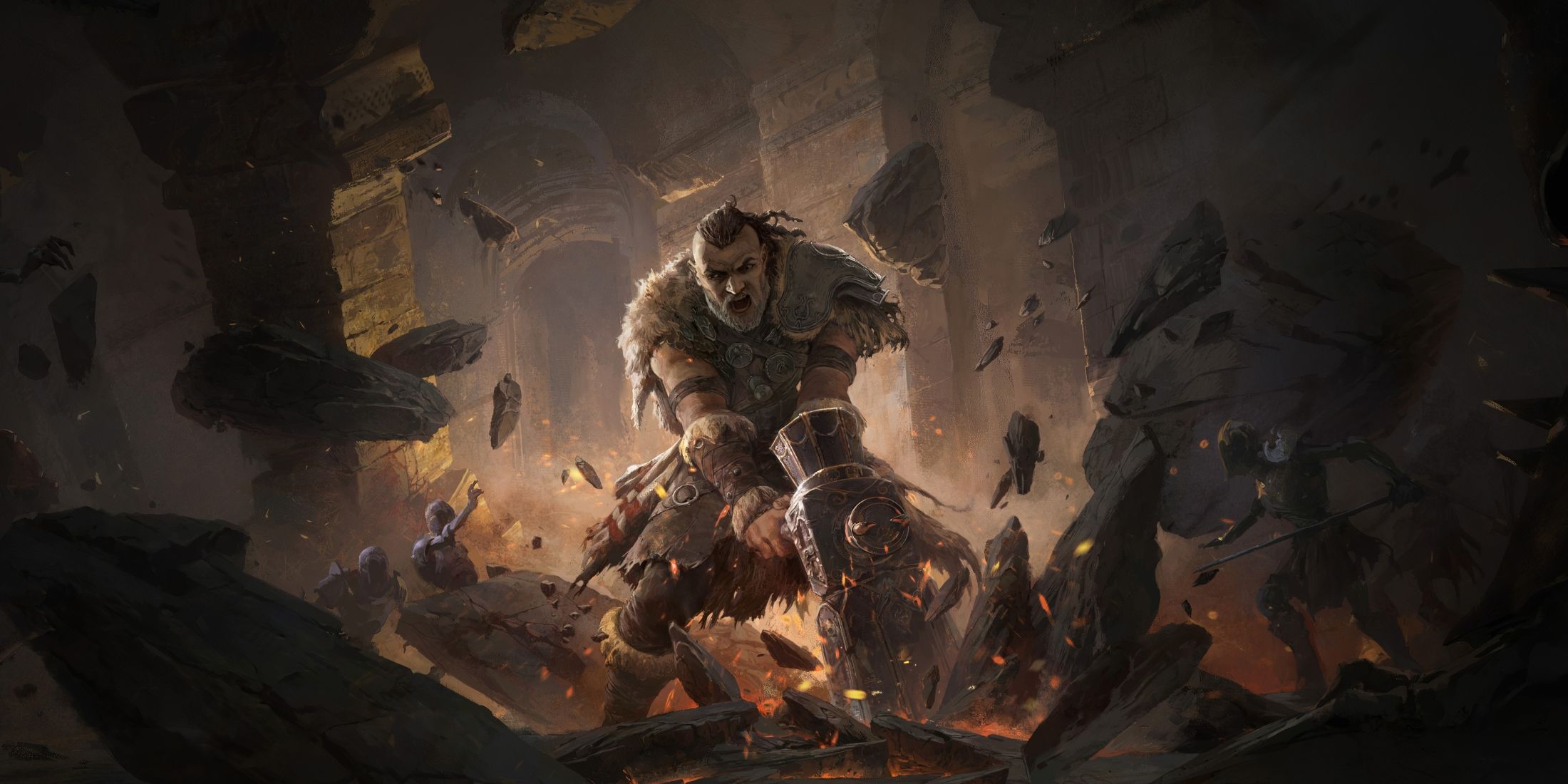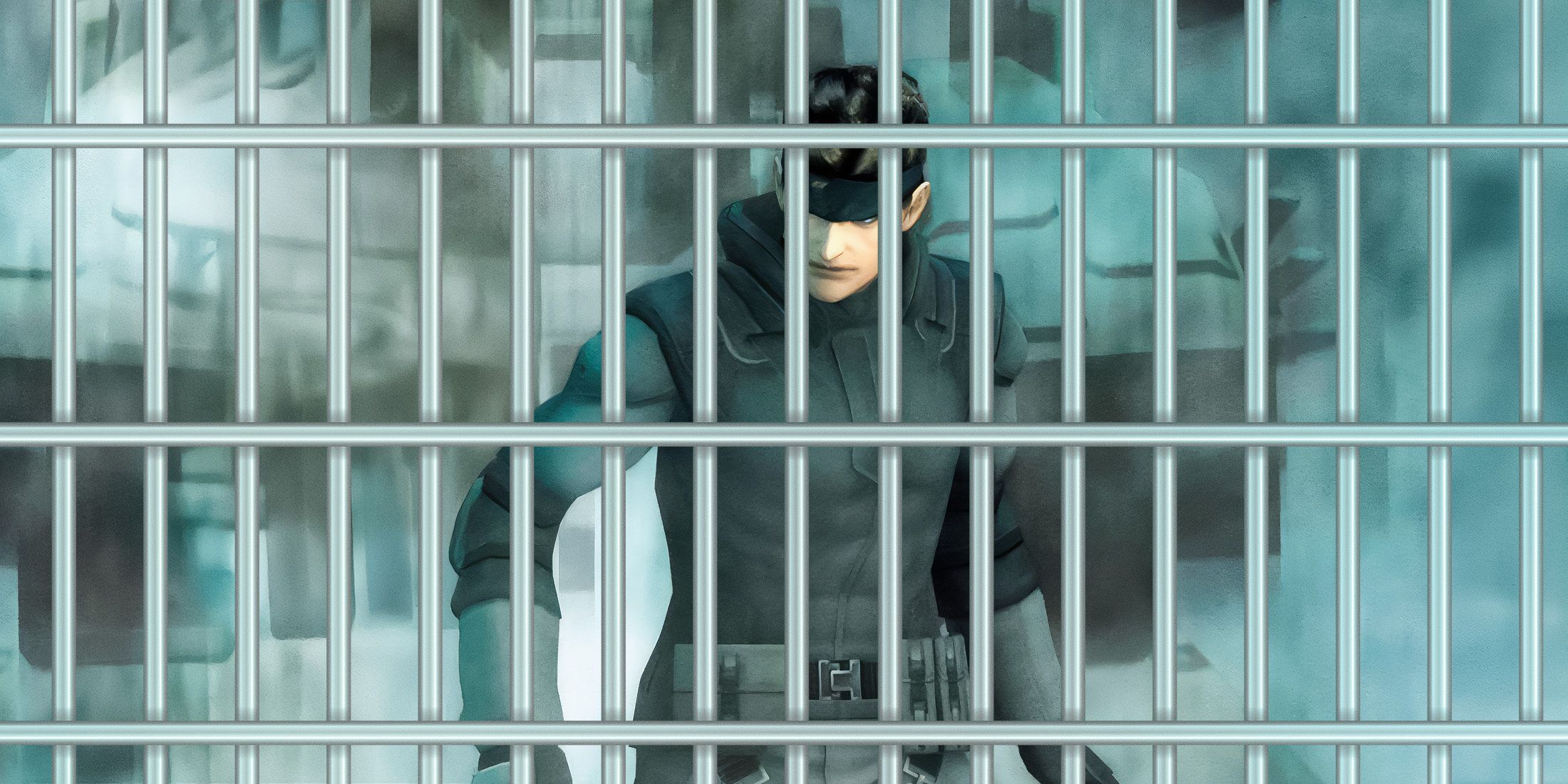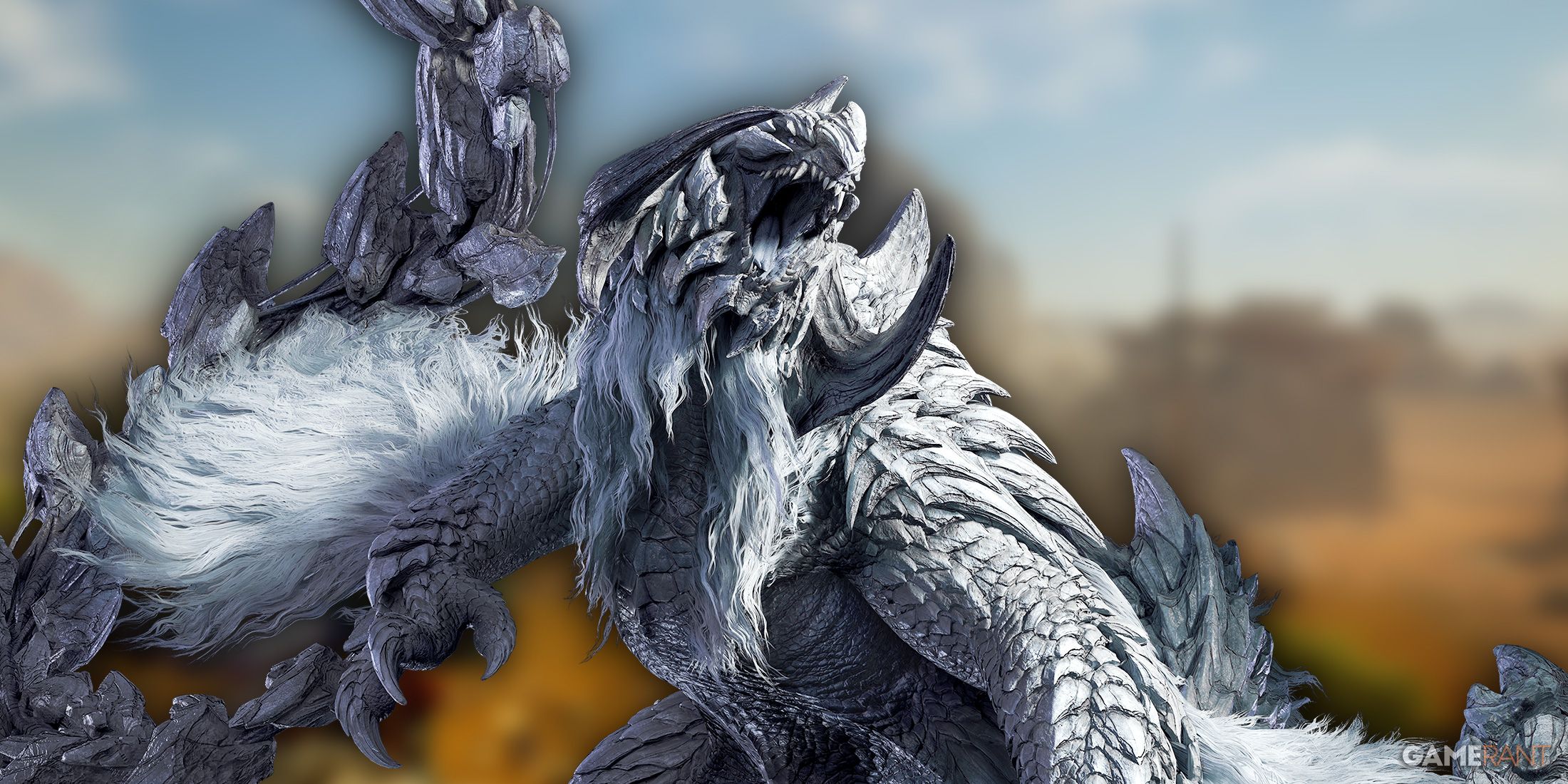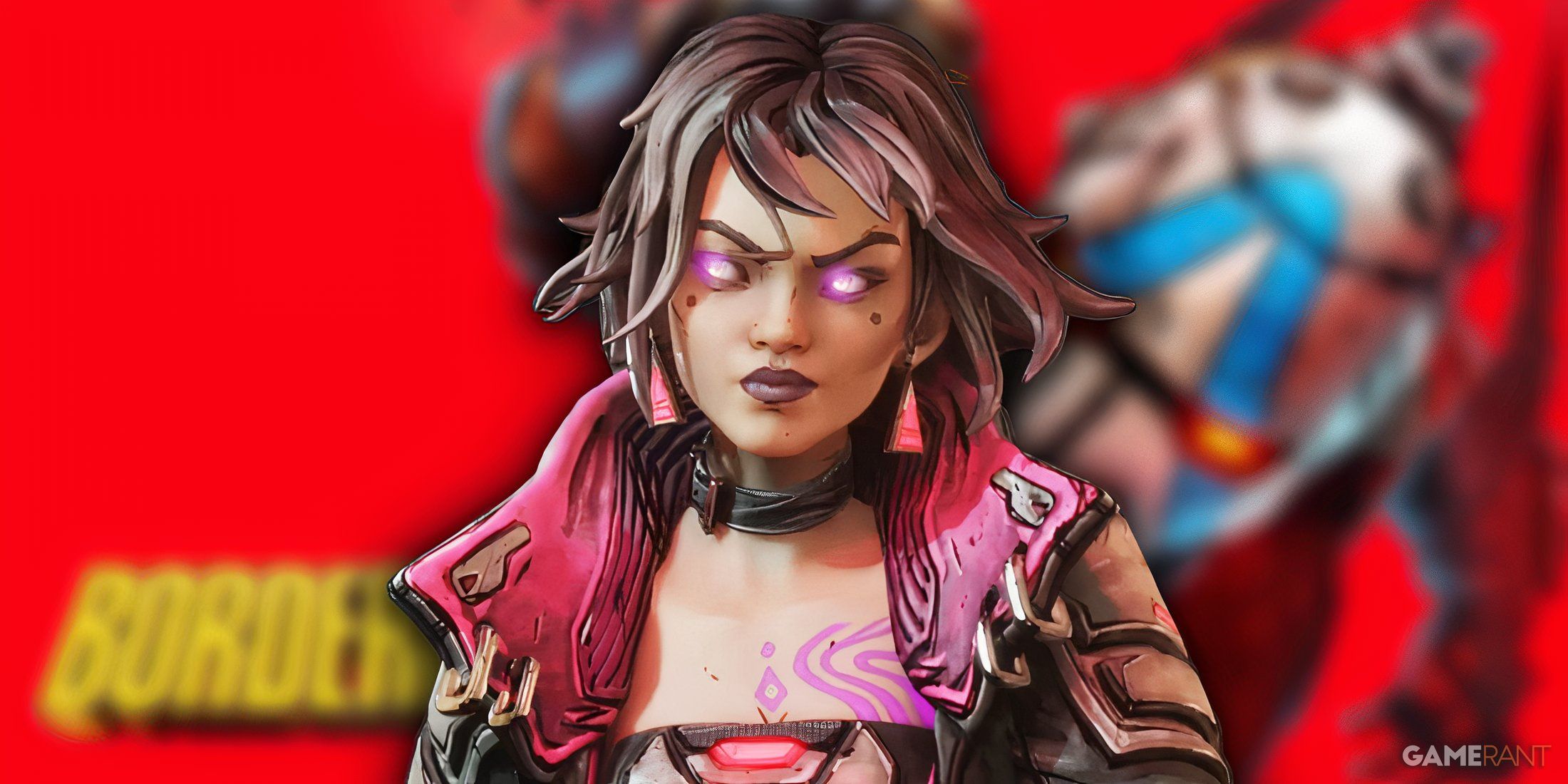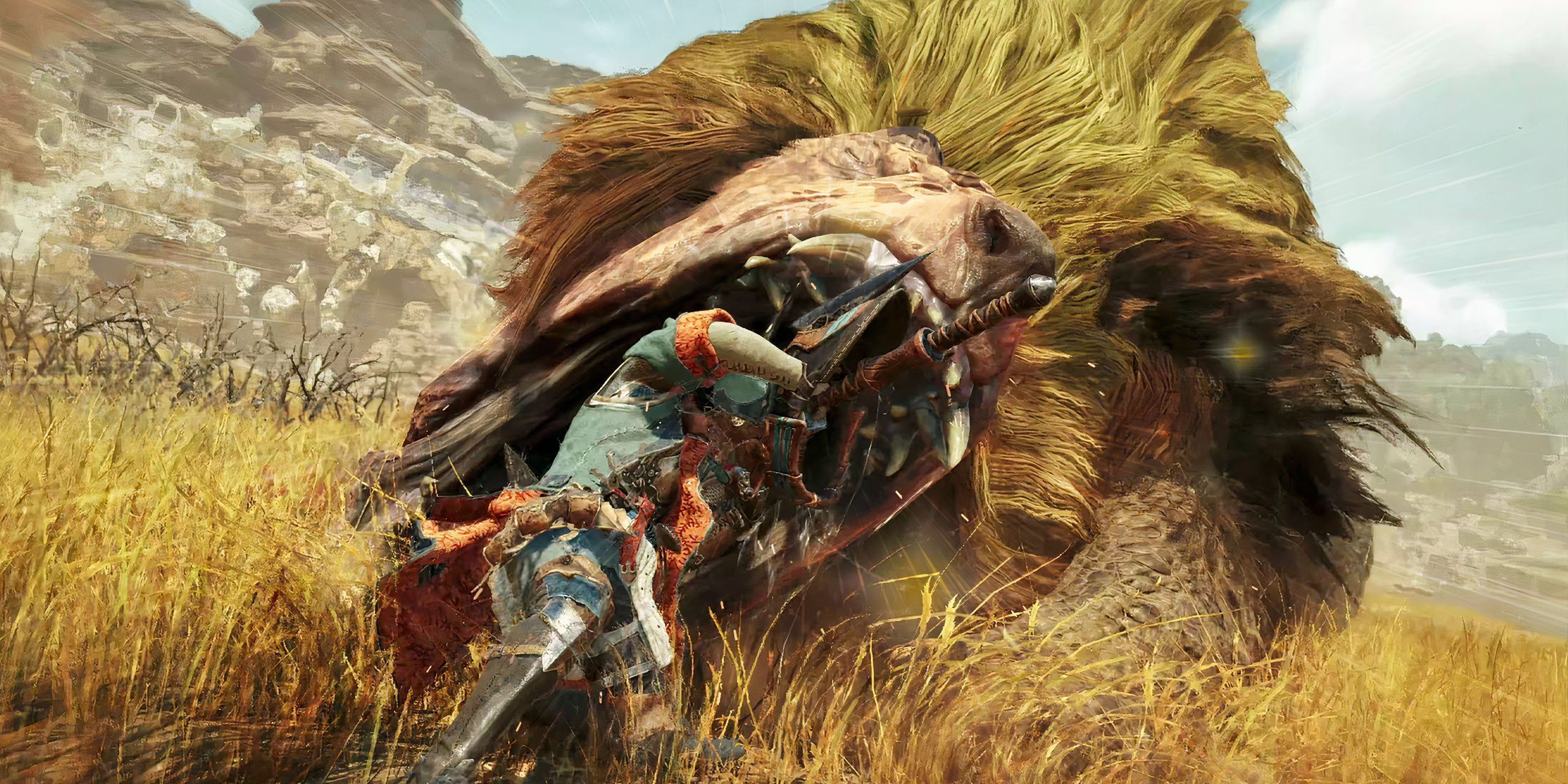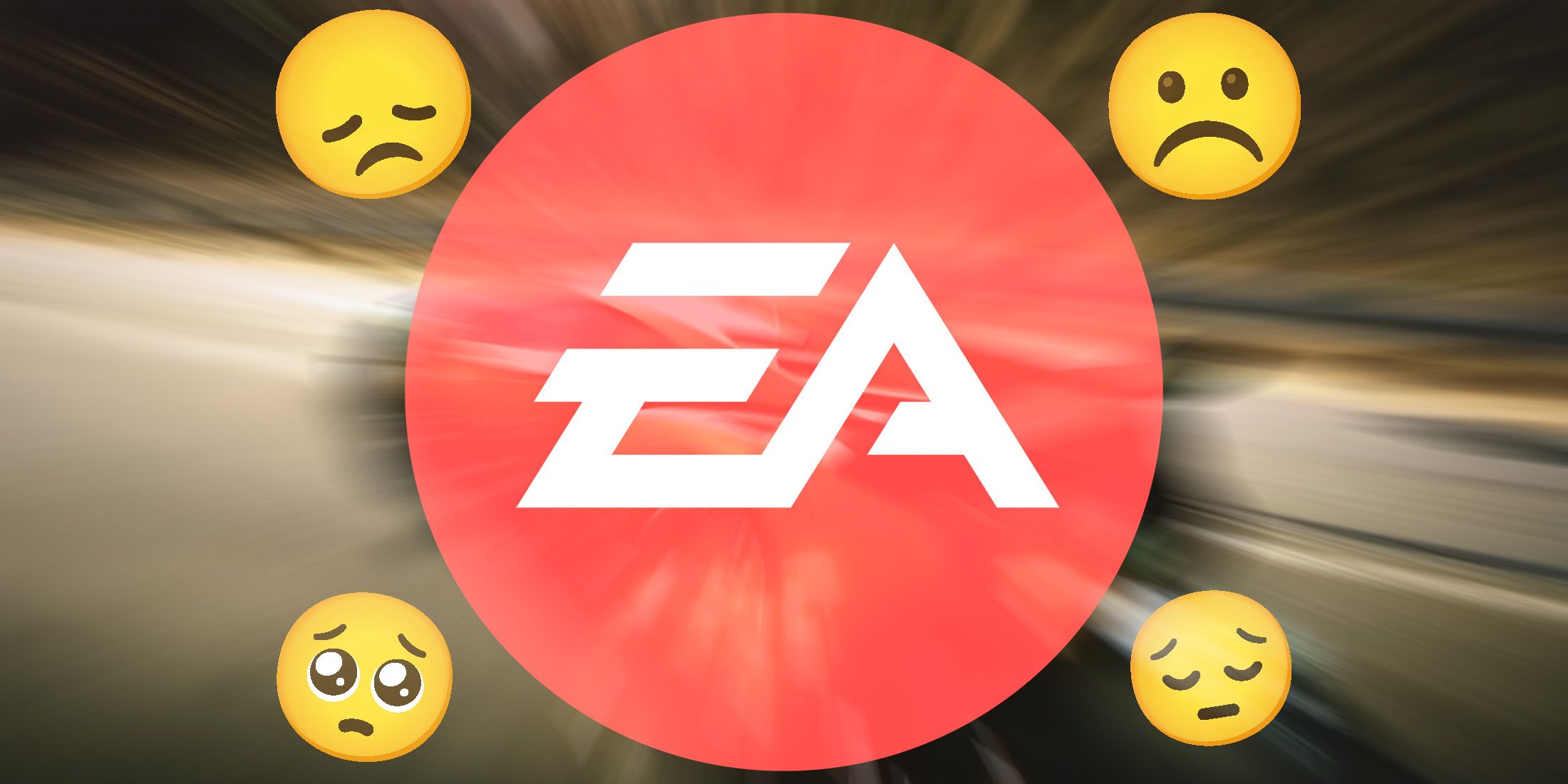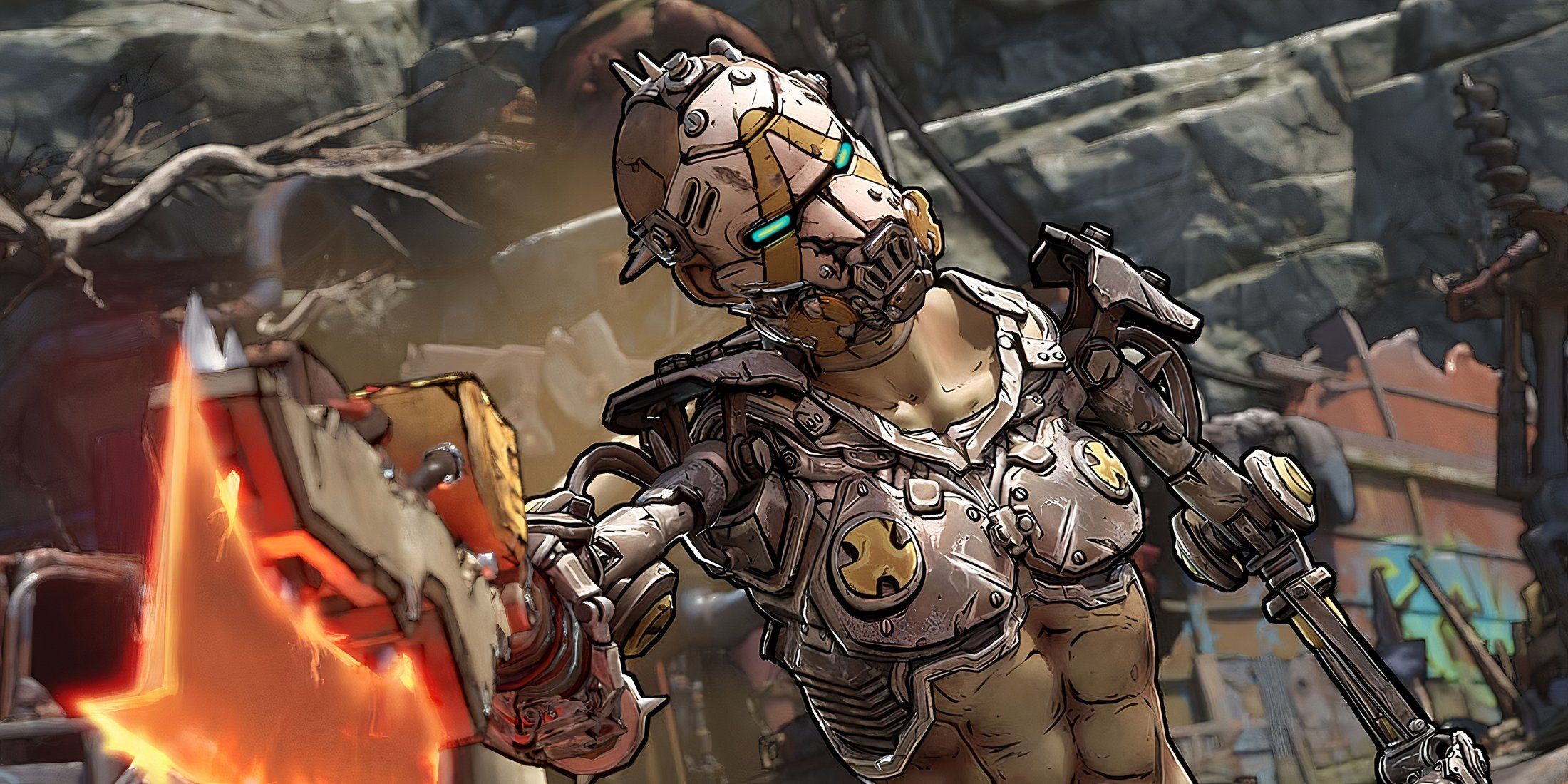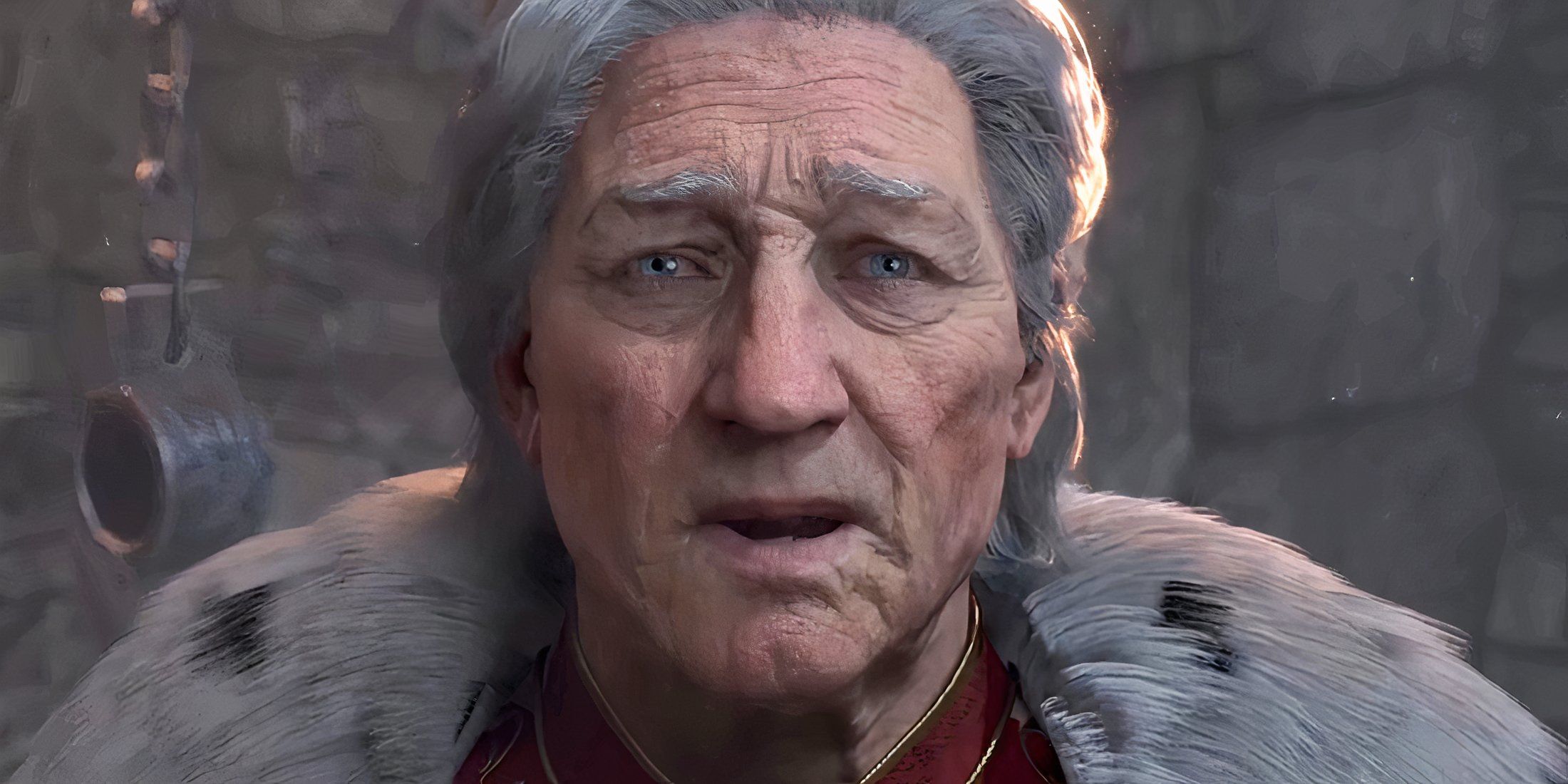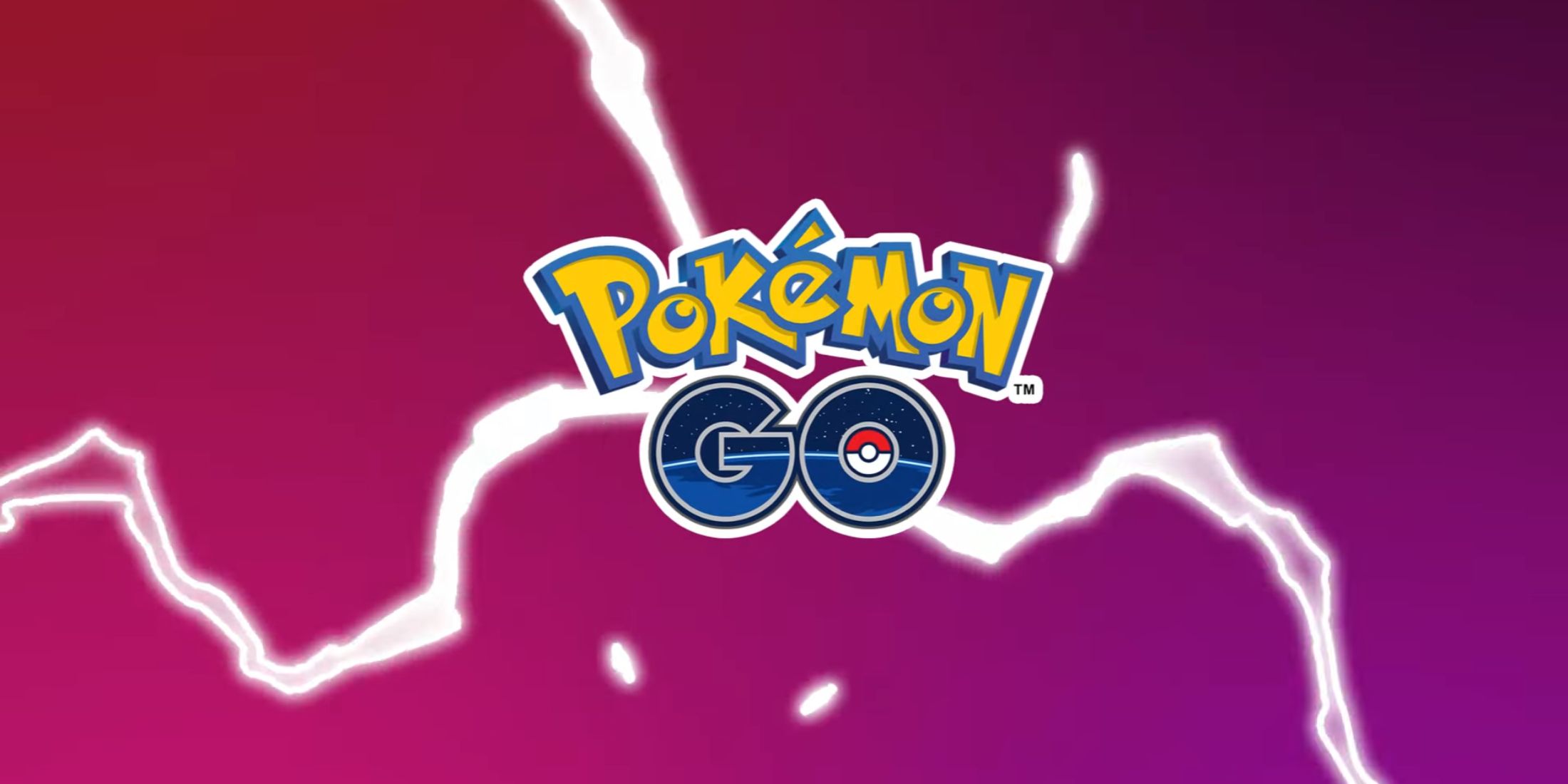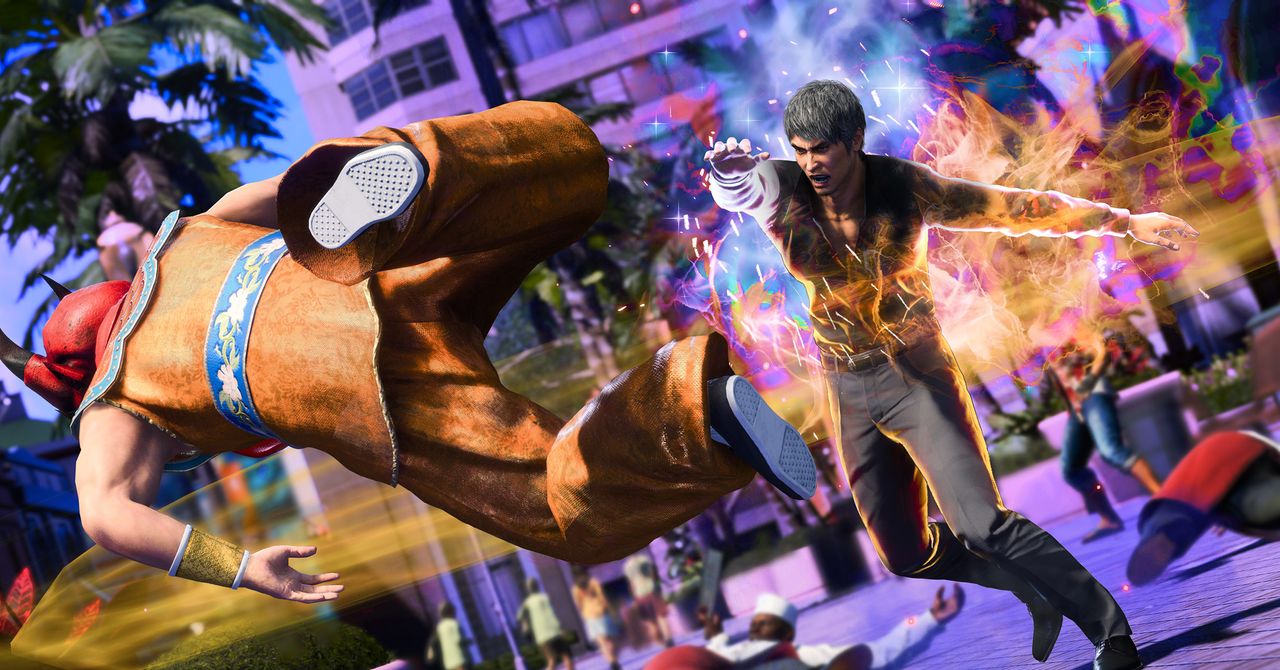
Kazuma Kiryu, a legendary ex-gangster in the Japanese underworld, stops before a bridge, a café, a nightclub, or an office building, suddenly awash in memories of bygone times. Scenes flash before his eyes of lost loves—of old rivals and friends from his past. He thinks back on bare-knuckled fights with enemies or more peaceful encounters with the eccentric citizens of the Tokyo district he’s lived in for so many years. Nearly every landmark seems to trigger another memory. Kazuma Kiryu is getting older. He’s fallen ill. And, unsurprisingly, he’s grown wistful in his later years.
After starring in seven games (and several spin-offs) over the past two decades, Kiryu deserves a break. All the same, the latest entry to the long-running series, Like a Dragon: Infinite Wealth, sees him enlisted yet again to sort out the many injustices in his corner of the world. Through a typically labyrinthine plot involving, briefly, Japanese intelligence services, a Hawaiian cult, and the search for a long-lost mother, Kiryu ends up working alongside former Like a Dragon protagonist Ichiban Kasuga to thwart a conspiracy that takes him from his familiar haunts in Yokohama and Tokyo to Honolulu, Hawaii, and back again.
His reappearance in Infinite Wealth comes as something of a surprise. Back in 2016, with the release of Yakuza 6: The Song of Life, Kiryu’s story arc concluded with him faking his own death and retiring from public view in order to protect those he loved. In 2020’s Yakuza 7: Like a Dragon, Kasuga was introduced as a new protagonist, alongside a command-based fighting system that turned the series from a direct-action brawler into a role-playing game more akin to classic Dragon Quest and Final Fantasy entries. Audiences believed that Kiryu’s long tenure was complete—that it was time for the series and its creator, Ryu Ga Gotoku Studio, to bid farewell to the man and let him rest with his memories.
Kiryu’s return as a primary character in a new, mainline entry to the series (he previously reappeared in a spin-off released late last year) might seem like a strange creative decision, then. Yakuza 7’s change to both a different protagonist and style of combat design was a fairly bold step away from convention, especially in the risk-averse, sequel-friendly world of mainstream video games. With Infinite Wealth splitting its attention almost equally between plotlines devoted to Kasuga and Kiryu, the question of whether its creators are willing to truly leave the series’ past behind is hard to avoid.
Hiroyuki Sakamoto, Infinite Wealth’s and the Like a Dragon series’ chief producer, has worked with these characters since the first Yakuza was released back in 2005 on the PlayStation 2. In an email interview with WIRED, he explains that the entire series is built iteratively, with each of its many entries working to “build new layers to the story laid by previous ones.”
“In some ways, the most recent [game] is a culmination of all previous entries,” he adds.

